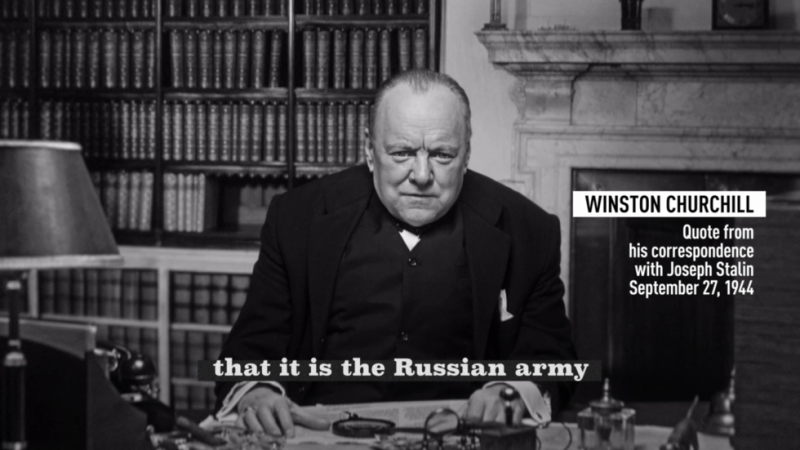
A recent video released by RT, the Russian state-funded media outlet, has sparked controversy with its use of artificial intelligence to depict Winston Churchill. The video features an AI-generated likeness of the wartime Prime Minister delivering a speech, employing a real Churchill quote praising the Red Army’s role in defeating Nazi Germany. Specifically, the quote highlights the Red Army’s contribution in “tearing the guts out” of the Wehrmacht. This choice of words and the context in which it’s presented have raised significant questions about the video’s intent and the ethical implications of using AI to manipulate historical narratives.
The video’s release comes at a time of heightened geopolitical tensions, adding another layer of complexity to its interpretation. Some argue that the video is a deliberate attempt to downplay the Western Allies’ role in World War II, while others see it as a simple demonstration of AI technology, albeit one with potentially problematic consequences. The use of AI to recreate historical figures raises concerns about the potential for misinformation and the manipulation of public perception. It’s easy to imagine how this technology could be used to create convincing but entirely fabricated historical events, further blurring the lines between fact and fiction.
The ethical debate surrounding this video extends beyond the specific content. The question of who controls the narrative of history and how AI might be used to shape that narrative is paramount. The ability to easily generate realistic-looking videos of historical figures raises concerns about the potential for misuse, particularly in the realm of propaganda and disinformation. This incident serves as a cautionary tale, highlighting the need for critical engagement with AI-generated content and a deeper discussion about its potential impact on our understanding of the past.
Ultimately, the RT video raises important questions about the responsible use of AI, the manipulation of historical narratives, and the potential for technology to be used to distort our understanding of crucial events. It compels us to consider the ethical implications of AI and its potential to reshape our understanding of history, urging a more critical and discerning approach to the information we consume in the digital age.










